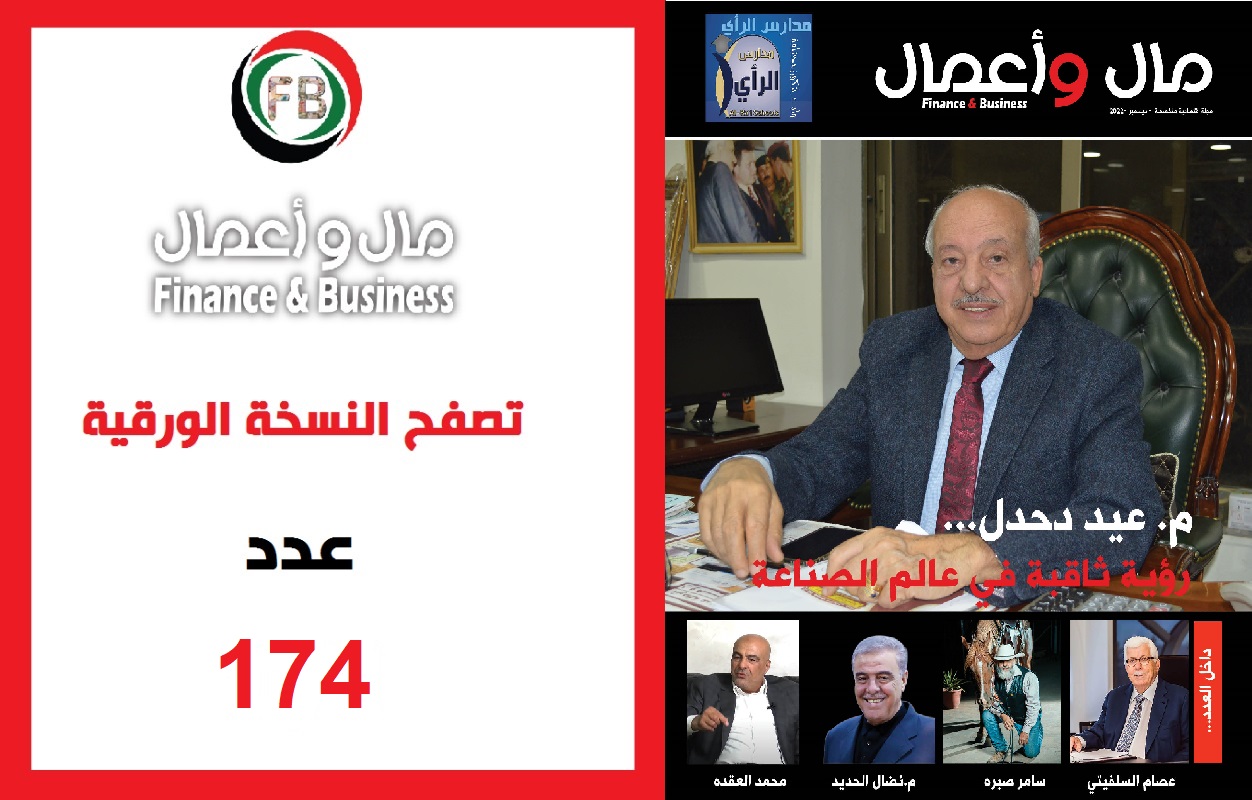
HE Saeed Mohammed Al Tayer, MD & CEO of Dubai Electricity and Water Authority (DEWA), welcomed HE Omar Oumeish, Executive Director of Dubai Healthcare City Authority (DHCA) and its delegation. This is one of a series of meetings that DEWA has to enhance cooperation and coordinate with its partners from various sectors.
The delegation included Dr Ramadan Alblooshi, CEO of the regulatory sector; Dr Amer Sharif, CEO of the educational sector; Dr Amer Al Zarooni, CEO of the medical sector; and Dr Abdulla Al Khayat, CEO of Al Jalila Children’s Hospital. The meeting was also attended by Khawla Al Mehairi, Executive Vice President of Strategy and Government Communications.
The meeting discussed ways to enhance cooperation between DEWA and DHCA in initiatives and programmes that rely on clean energy, design solar-powered buildings, enhance energy efficiency and rationalise water consumption. These are intended to achieve the wise leadership’s vision to make Dubai a centre of clean energy and green economy so that it will have the lowest carbon footprint in the world by 2050. This will done by achieving the objectives of the Dubai Clean Energy Strategy 2050 to provide 75% of Dubai’s total power output from clean energy by 2050.
Al Tayer discussed DEWA’s efforts to establish the infrastructure for electricity and water services in Dubai in accordance with the highest standards and best global practices. DEWA’s strategic priorities are energy supply security and positioning Dubai as a global role model of energy efficiency and reliability, green economy, and sustainability.
Al Tayer also talked about DEWA’s efforts to provide the best government services and achieve happiness for all relevant stakeholders. Many improvements were introduced to generation and operations to raise efficiency and reduce costs. DEWA achieved superior standards in global competitiveness, including raising the fuel efficiency of generation units to about 90%. This means DEWA ranks highly internationally for improving production efficiency. It has achieved this by implementing innovative projects to increase generation capacity by 861MW, without the need to build new power plants, resulting in significant annual capital, operational and environmental savings.
The Mohammed bin Rashid Al Maktoum Solar Park is one of DEWA’s major projects. When DEWA started the 13MW first phase, the main challenges were energy prices, the efficiency of photovoltaic solar panels, the strong regulatory framework, energy storage technologies and national capacity building.
DEWA addressed these challenges with an integrated plan. DEWA adopted the Independent Power Producer Model (IPP) to promote public-private partnerships. Through this model, DEWA achieved a global record in solar power prices. DEWA increased the efficiency of the solar panels from 11% to 27% through an advanced solar tracking system and robotics-cleaning system for solar cells that maintains a high-performance level to increase generation efficiency.
Al Tayer also emphasised that DEWA’s research and development areas revolve around four major operational areas: producing electricity using solar power, the integration of smart grids, energy efficiency, and water. DEWA signed several agreements with prestigious international centres and universities, including the University of California, Berkeley; the Massachusetts Institute of Technology (MIT); Stanford University; and several authorities, institutions, and national and international companies, including National Renewable Energy Laboratory (NREL) of the US Department of Energy, and The National Renewable Energy Centre of Spain (CENER) for research and development to learn about the latest global developments in energy, water, and the environment.
المصدر : https://wp.me/p70vFa-ups




















